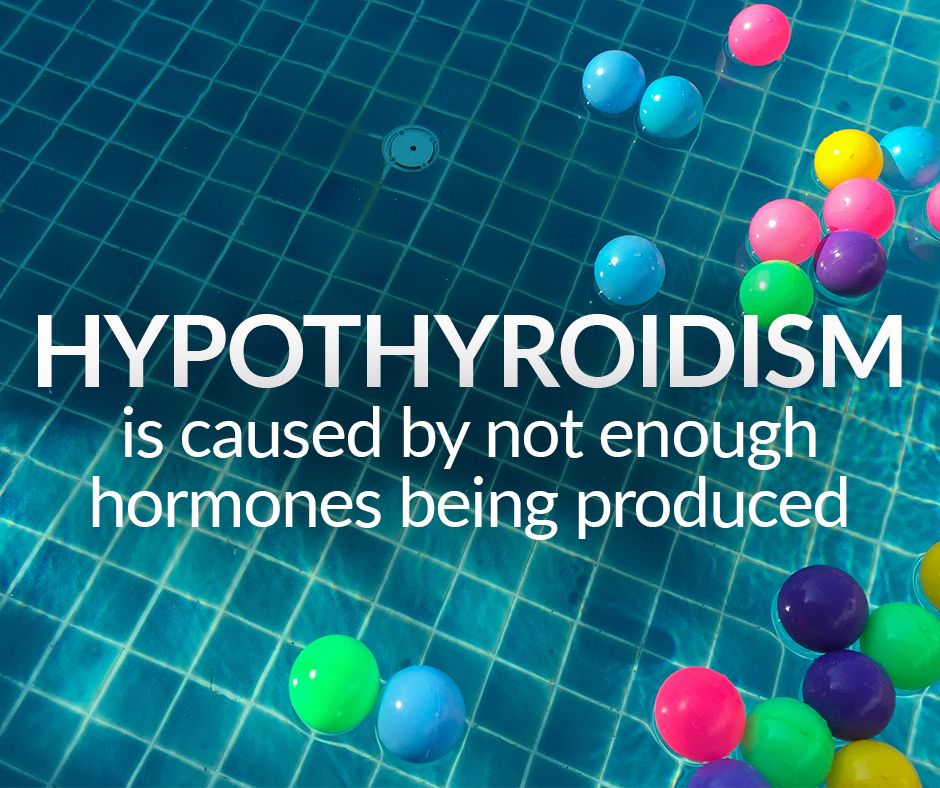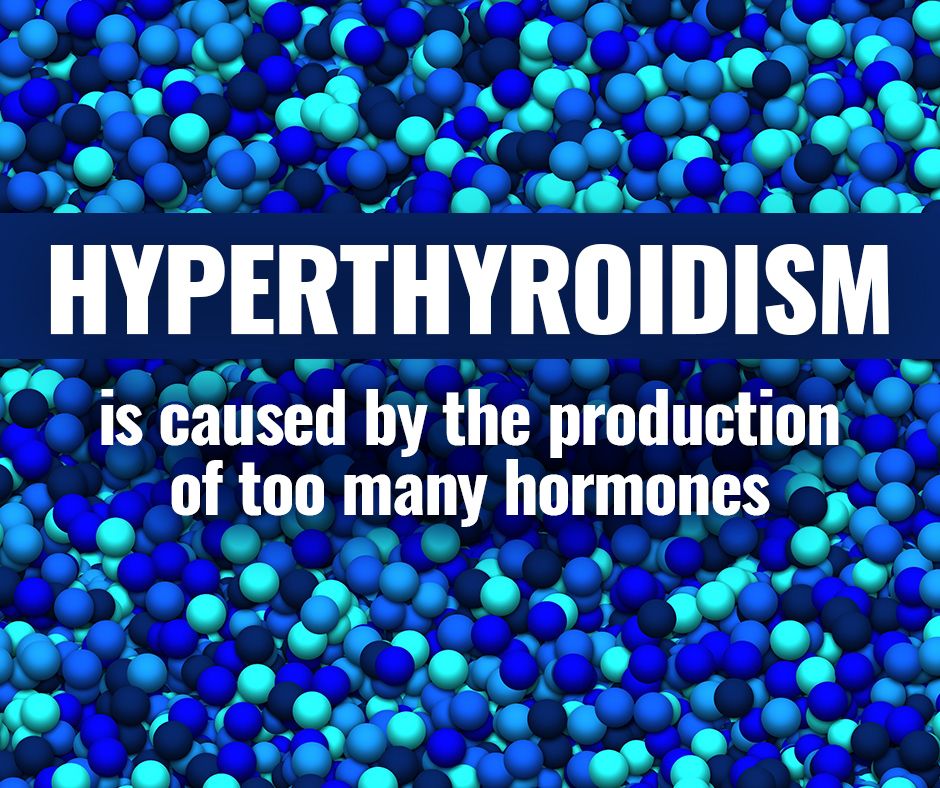This post may contain affiliate links which won’t change your price but will share some commission.
Your thyroid is a bow-tie shaped gland located at the base of your neck. Its function is to regulate the hormones T3 and T4, which assist in important activities in your body. Your heartbeat, body temperature, breathing rate, and metabolism are all directly affected by your thyroid.
Under normal circumstances, your thyroid receives signals to produce, store, and release T3 and T4 to assist in important functions of the body, but sometimes the thyroid gets mixed signals resulting in a thyroid that is too sluggish – hypothyroid – or too fast – hyperthyroid. Each issue has its own secondary health problems.
Hypothyroidism- Hypothyroidism is the term used to describe an underperforming thyroid. Hypothyroidism is caused by not enough hormones being produced in the thyroid gland. Since the thyroid is an important part of regulating metabolism, an underperforming thyroid can result in a weakened or slow metabolism.
Hypothyroidism may not have acute symptoms, making it harder to diagnose. Many symptoms may not be attributed to a thyroid issue but may look like issues associated with poor diet and lack of exercise instead. While weight gain and weakness are indicative of hypothyroidism, there are other symptoms as well:
- Thinning hair/hair loss
- Heavy menstrual periods
- Slowed heart rate
- Impaired memory
- And more
These symptoms may easily be attributed to other common issues of aging and can easily be overlooked without regular health check-ups. Sharing your symptoms can help your physician make the decision to review your blood and examine your thyroid function.
Hyperthyroidism- Hyperthyroidism is the term used to describe an over-performing thyroid. Hyperthyroidism is caused by the production of too many hormones, resulting in weight loss and a rapid or irregular heart rate.
Similarly to hypothyroidism, hyperthyroidism symptoms mimic other health issues and can be tricky to diagnose. Along with unexpected or unintentional weight loss, you may experience other symptoms such as:
- Heart palpitations
- Rapid heartbeat
- An enlarged thyroid gland
- Anxiety and nervousness
- And More
Unlike hypothyroidism, hyperthyroidism can have symptoms that alert you something isn’t quite right, prompting a visit to the physician. Sharing your cumulative symptoms can help your doctor with a diagnosis and proper treatment.
A too-slow or too-fast thyroid is a potential culprit for health issues in people of all ages. Having regular health checkups can prevent or manage an under or overactive thyroid.
Testing
So what are the best tests to get done to see if your thyroid is operating as it should?
I recommend a complete thyroid panel. Often a T3 and T4 are recommended and those are good places to start, but will often not give sufficient information to really determine how well your thyroid is functioning. Dr. Isabella Wentz, a thyroid specialist and clinical pharmacists, recommends several tests for those who want to really find out how their thyroid is doing. She recommends a free T3, a free T4, Tsh, thyroid antibodies, and a thyroid ultrasound. She has more information on her website for those who want to study this further and be prepared for testing.
So how is your thyroid health?



Leave a Reply